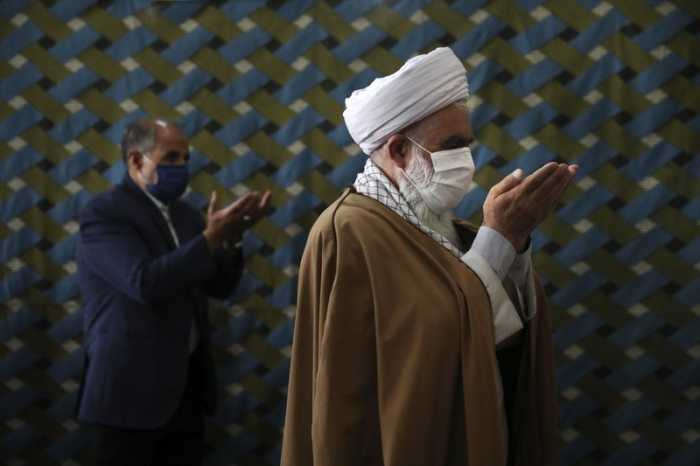
The Iranian government’s latest mask order, which came into force on Sunday, requires people to wear a mask both indoor and outdoor. A media study shows that prior to the order’s enforcement, less than 50 percent of residents in the Iranian capital of Tehran wore mask, while after the order was enforced, above 80 percent of Tehran residents began to wear a mask.
As of Sunday, Iran had reported more than 240,000 confirmed COVID-19 cases. Although the country has gradually resumed its production, its number of newly confirmed cases still remains high, with more than 2,000 newly confirmed cases every day. To curb the spread of the virus, the Iranian government has once again beefed up epidemic containing efforts by issuing a mandatory mask order.
Many Tehran residents showed support to the government’s latest COVID-19 measure.
“The best way to eliminate the virus is to wear a mask, no matter it’s required by the government or whoever else. Coercive measures are good for our health, but one should pay attention to one’s own health, so we can contain the epidemic. Now all our family members are affected by the epidemic and everyone is facing economic and health pressures brought by the epidemic,” said Ali, a local resident.
Some people in the country also said that the government should introduce such measures earlier so that the epidemic will be controlled sooner. However, Iran has suffered a shortage in medical supplies partially caused by long-term U.S. embargo which delayed the country to mandate wearing face masks.
At present, Iran has built the largest mask production plant in West Asia. Many local companies have also transformed to produce medical supplies to support the country’s epidemic containing efforts, driving the country’s daily capacity of mask production from 200,000 to six million pieces. The increase in supply has also led to a drop in mask prices, which are basically affordable for the public.
Despite the great pressures imposed by the United States, Iran has achieved a basic supply of masks and other healthcare materials that can meet the market demand. Recently, Iran’s Supreme Leader Ayatollah Ali Khamenei and the country’s President Hassan Rouhani have made public appearances wearing masks to encourage people do the same.
